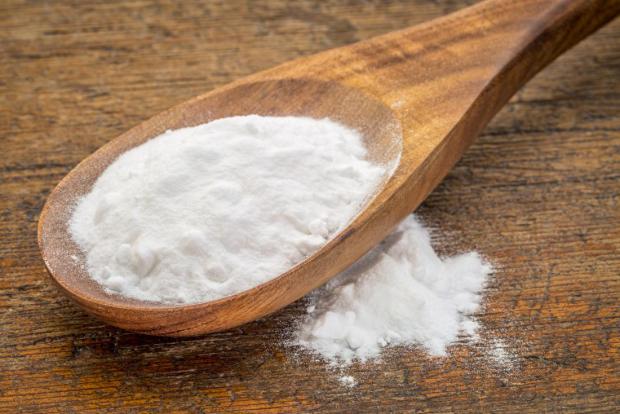
Breaking News
 The Self-Sufficiency Myth No One Talks About
The Self-Sufficiency Myth No One Talks About
 We Investigated The Maui Fires and The Cover-Up is Worse Than We Thought | Redacted
We Investigated The Maui Fires and The Cover-Up is Worse Than We Thought | Redacted
 The Amish Secret to Keeping Pests Out of Your Garden Forever
The Amish Secret to Keeping Pests Out of Your Garden Forever
 Scott Ritter: Full-Scale War as Iran Attacks All U.S. Targets
Scott Ritter: Full-Scale War as Iran Attacks All U.S. Targets
Top Tech News
 US particle accelerators turn nuclear waste into electricity, cut radioactive life by 99.7%
US particle accelerators turn nuclear waste into electricity, cut radioactive life by 99.7%
 Blast Them: A Rutgers Scientist Uses Lasers to Kill Weeds
Blast Them: A Rutgers Scientist Uses Lasers to Kill Weeds
 H100 GPUs that cost $40,000 new are now selling for around $6,000 on eBay, an 85% drop.
H100 GPUs that cost $40,000 new are now selling for around $6,000 on eBay, an 85% drop.
 We finally know exactly why spider silk is stronger than steel.
We finally know exactly why spider silk is stronger than steel.
 She ran out of options at 12. Then her own cells came back to save her.
She ran out of options at 12. Then her own cells came back to save her.
 A cardiovascular revolution is silently unfolding in cardiac intervention labs.
A cardiovascular revolution is silently unfolding in cardiac intervention labs.
 DARPA chooses two to develop insect-size robots for complex jobs like disaster relief...
DARPA chooses two to develop insect-size robots for complex jobs like disaster relief...
 Multimaterial 3D printer builds fully functional electric motor from scratch in hours
Multimaterial 3D printer builds fully functional electric motor from scratch in hours
 WindRunner: The largest cargo aircraft ever to be built, capable of carrying six Chinooks
WindRunner: The largest cargo aircraft ever to be built, capable of carrying six Chinooks
Why Top Olympic Athletes Use Baking Soda to Boost Performance

It was a very fast Olympics. Half of the distance running events—six of the 12 men's and women's races between 800 meters and the marathon—saw new Olympic records. The newest supershoes had something to do with it, and the fancy new track probably did too. There's also a new, more aggressive approach to racing that seems to be spreading. But there's something else, too, according to Canada's Marco Arop, whose silver medal performance in the 800 meters, a mere hundredth of a second behind Emmanuel Wanyonyi of Kenya, made him the fourth fastest man in history.
Just a week before the Olympics, Arop decided to try something new—something that he'd never tried before but that, according to an anonymous Olympic runner quoted in the Telegraph, at least 80 percent of elite runners are now using: sodium bicarbonate, better known as baking soda. "I figured if everybody else is using it…" Arop said in his post-race interview. "And it's been working wonders."
Of course, athlete anecdotes only go so far. Shaquille O'Neal swore that PowerBand bracelets made him a better basketball player. Last year, I wrote about the much-hyped launch of a new baking soda formulation from the Swedish company Maurten. Even before the launch, the company had already lined up an impressive roster of athlete believers: cyclist Primož Rogli?, speedskater Nils van der Poel, mountain running legend Kilian Jornet, track stars Joshua Cheptegei and Keely Hodgkinson, and many more. But there was a notable lack of scientific evidence that Maurten's pricey ($70 for four servings) formulation works any better than the regular boxes of Arm & Hammer you get at the grocery store.

 RNA Crop Spray: Should We Be Worried?
RNA Crop Spray: Should We Be Worried?

